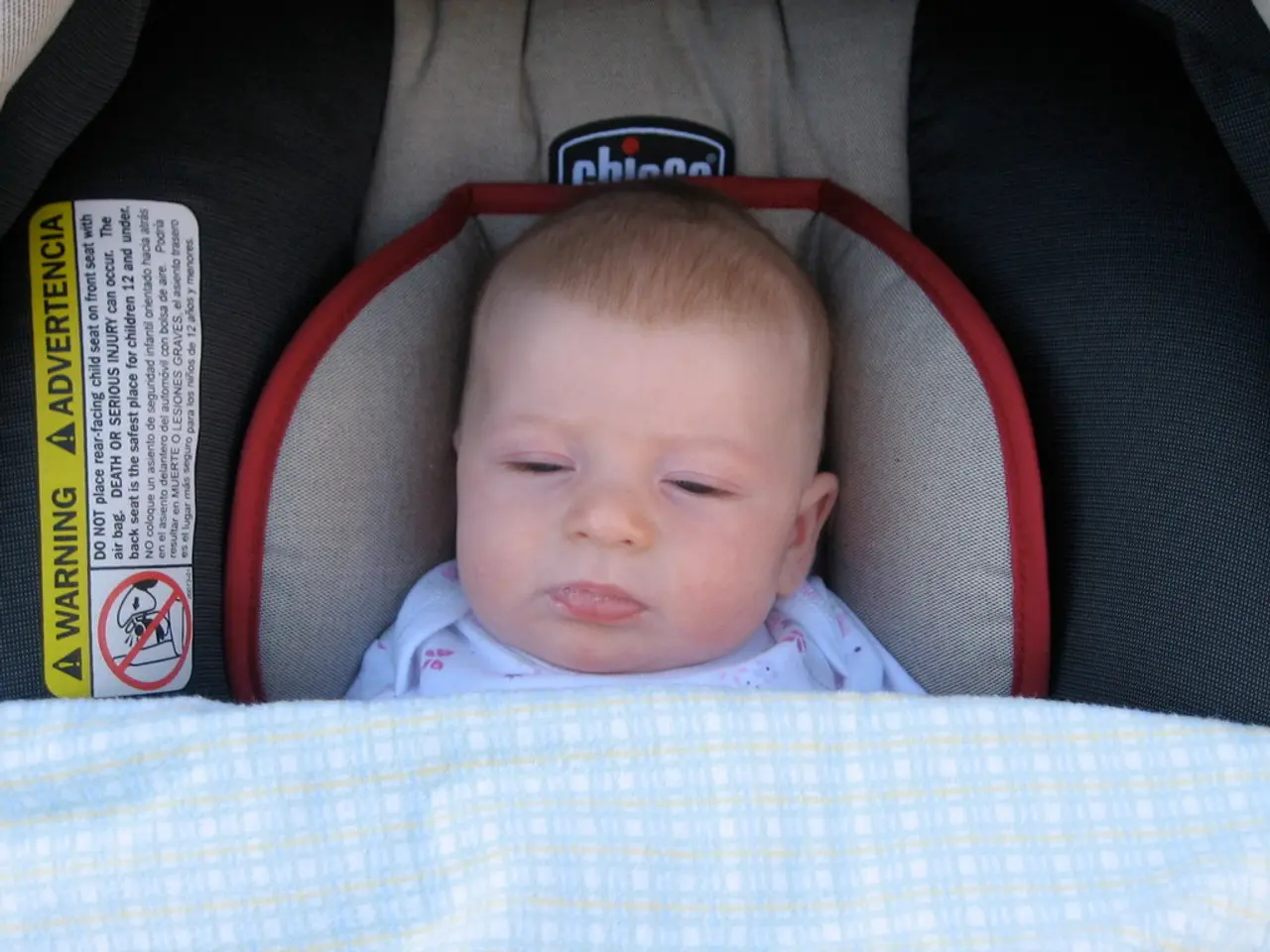Ensuring a Secure Haven for Your Premature Infant at Home
Creating a safe and nurturing home environment for premature babies (preemies) is crucial to support their delicate health and development after their discharge from the Neonatal Intensive Care Unit (NICU). This article provides an overview of key considerations to ensure the well-being of preemies during their transition to home life.
**1. Preparing the Home Environment**
Temperature regulation is essential for preemies, who struggle to regulate their body heat. Maintain a stable, warm temperature between 68-72°F, avoiding overheating or chilling. Use soft, indirect lighting and minimize loud or sudden noises to prevent sensory overload and help preserve the infant’s sleep rhythms.
A safe sleeping arrangement is paramount. Provide a separate, uncluttered crib with a firm mattress and fitted sheet near parents’ bed to encourage bonding while reducing risks. Avoid co-sleeping, and remove toys, pillows, and loose bedding from the crib to lower the risk of Sudden Infant Death Syndrome (SIDS).
**2. Feeding and Nutrition**
Preemies often have difficulty coordinating sucking, swallowing, and breathing. Feeding may involve breastfeeding, bottle-feeding with expressed breast milk, fortified milk, or specialized formula. Feeding sessions require patience due to infant fatigue. Monitor for difficulties like coughing, milk leakage, or prolonged feeding, and keep detailed records of feeding times, durations, and intake based on the corrected age for growth tracking.
**3. Clothing and Sleepwear**
Dress your preemie in breathable, lightweight layers (cotton or muslin) according to room temperature, adding or removing layers as needed to ensure comfort without overheating. Avoid hats or head coverings during sleep to prevent overheating and suffocation risks. Use properly sized sleep sacks or sleeping bags without hoods, fitted around the neck to keep the face and head uncovered and reduce risks associated with loose blankets or loose nightgowns.
**4. Monitoring Developmental and Health Issues**
Track growth using specialized charts for preemies, and monitor developmental milestones with the pediatrician. Be alert for vision problems, such as crossed eyes or retinopathy of prematurity (ROP), which requires regular eye exams and possible treatment. Maintain regular pediatric follow-ups to address ongoing health and developmental concerns.
**5. Emotional Bonding and Parent Support**
Ensure that parents receive education and support to build confidence in caregiving, as navigating the transition from NICU to home can be stressful and affect parental mental health.
Overall, creating this environment means combining physical safety (temperature, sleep safety, feeding) with sensory considerations (lighting, noise), developmental monitoring, and emotional support for both infant and parents. Careful attention to these details optimizes comfort, growth, and neurodevelopment for preterm infants at home.
- A preemie is a premature baby born before completing 37 weeks of gestation. - Regular visits to a pediatrician are essential for monitoring the preemie's health and development, including vaccinations and assessments of overall well-being.
6. Health and Emotional Wellness for Kids and Parents
Mental health is essential for the family unit during this transitional phase. Engage in activities that promote emotional development, like reading, singing, and engaging in gentle play. A supportive parenting network can help bolster parental resilience, reducing anxiety and stress.
Consult books, online resources, or local health-and-wellness programs focused on parenting preemies for additional guidance. Educate oneself on the importance of positive, nurturing parenting approaches to foster a secure attachment between parent and child, laying the foundation for future emotional, social, and cognitive development.
In conclusion, comprehending the significance of health, safety, and emotional well-being during the post-NICU period for preemies highlights the multifaceted nature of caregiving. By implementing these strategies, parents can actively contribute to their baby's growth, development, and holistic wellness journey while fostering a thriving family environment.




